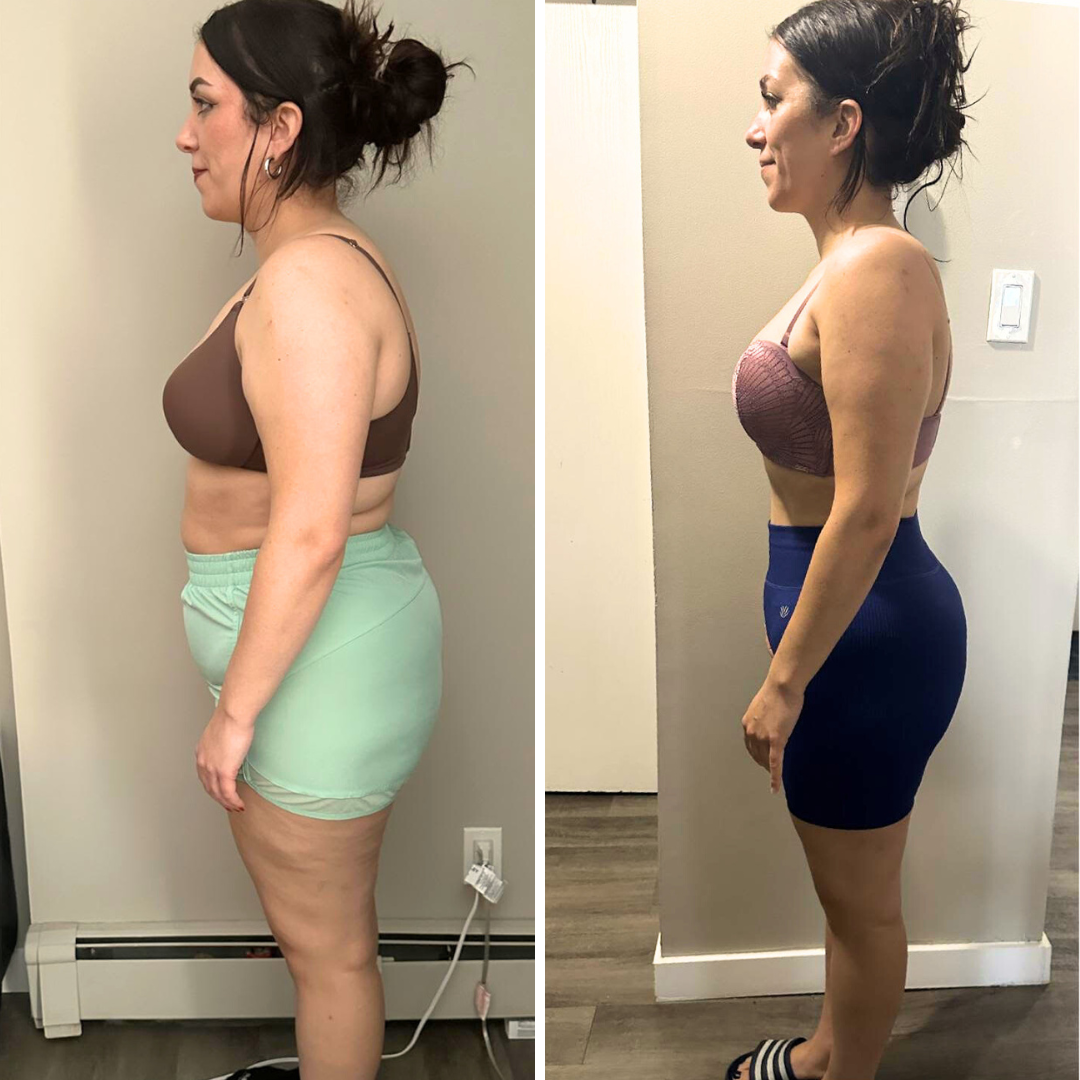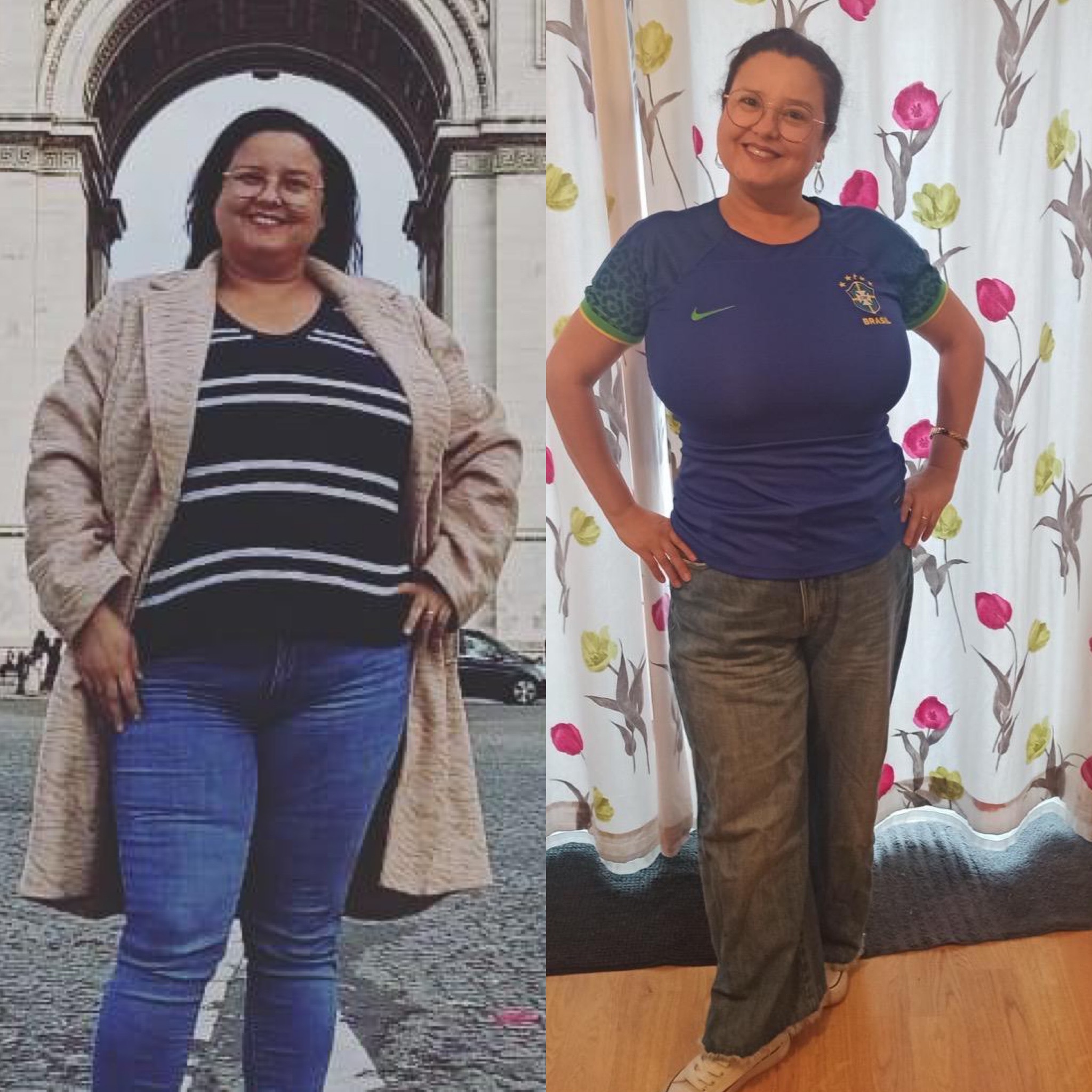Nonalcoholic Fatty Liver Disease, How To Treat It?

Non-alcoholic fatty liver disease (steatohepatitis) is the accumulation of fat in liver cells impairing liver function and is one of the most common forms of liver disease that is mainly related to increased obesity around the world. Approximately half of the cases can progress to more severe forms of the disease like liver cirrhosis and cancer.
The most common risk factors for non-alcoholic steatohepatitis are obesity, diabetes, carbohydrate-rich diet with rapid absorption and saturated fat, rapid weight loss, viral hepatitis, insulin resistance, elevated LDL cholesterol and triglycerides, high levels of estrogen, surgeries and sedentary lifestyle. As a nutritionist, I see in my clinic numerous cases of people who are at higher weight and are already starting to develop fatty liver.
In mild cases of steatohepatitis, the disease is asymptomatic (it does not have symptoms), with slow and gradual evolution being the most common signs and symptoms pains, fatigue, weakness, loss of appetite and increase of the liver.
The good news is that it is reversible, and the best way to treat steatohepatitis is to reduce body weight by changing eating habits, regular physical exercise and a healthy lifestyle. In other words, losing weight with quality food and changing lifestyle habits.
How to treat Non alcoholic Fatty Liver Disease?
One of the diets that have positive results in improving cases of steatohepatitis is the Mediterranean low-carb diet, which has a reduced carbohydrate content, high in antioxidants, high in fibre and a good amount of healthy fats and lean proteins. The nutritionist will be able to design a personalised meal plan for weight loss and fatty liver treatment at the same time.
There are some foods and their compounds that can help prevent and treat fatty liver disease like ginger, green tea, coffee, turmeric, broccoli, nuts, avocado, garlic, fish that contain omega 3, and citrus fruits among others.
The first step to treatment is to look for a nutritionist. The nutritionist not only will help you to understand the condition but will also guide you and support you during the treatment with the best diet approach for lasting results. Blood test checks are recommended to monitor progress.
Get an action plan with a Free Assessment!
Get personalized insights to enhance your well-being and achieve your goals. In this 15-minute video call, we will listen to you and guide you on what you need to do.
Schedule Your Free AssessmentRecent blogs







